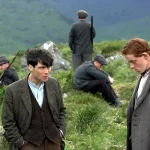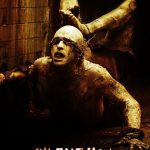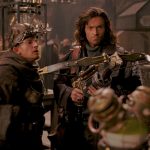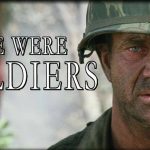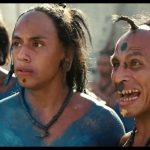🎬 Braveheart (1995)

Braveheart (1995)
Braveheart, directed by and starring Mel Gibson, is an epic historical drama that brings to life the legendary tale of William Wallace, the Scottish warrior who led a rebellion against English tyranny in the late 13th century. With its sweeping battle sequences, powerful performances, and deeply emotional storytelling, the film became one of the most celebrated historical epics of its time, winning five Academy Awards, including Best Picture and Best Director.
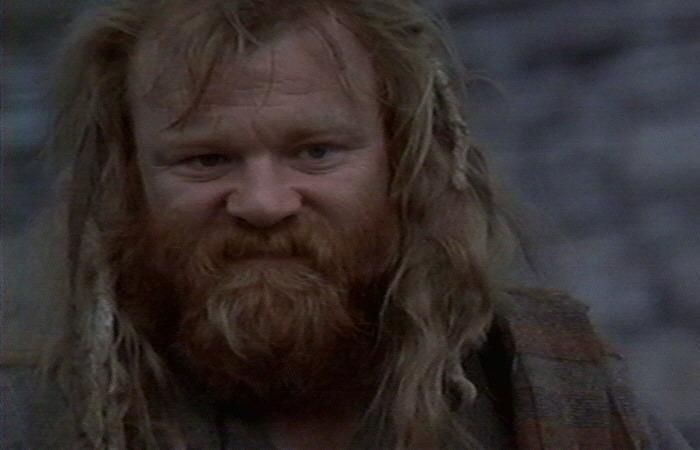
Set in medieval Scotland, the story follows William Wallace, a common man who rises to become a symbol of freedom after suffering a personal tragedy. As a child, Wallace witnesses the brutal oppression of his people at the hands of King Edward I of England, known as “Longshanks.” After losing his father and brother to English rule, Wallace is raised in secret by his uncle, who educates him in both warfare and diplomacy. Years later, Wallace returns to his homeland, hoping to live a peaceful life. He falls in love with Murron MacClannough (Catherine McCormack), and the two marry in secret to avoid the cruel English law of prima nocta, which allows English lords to claim newlywed Scottish brides.
However, tragedy strikes when Murron is captured and executed by English soldiers, an event that ignites Wallace’s rage and determination. Seeking justice, he leads a rebellion against English forces, gathering a loyal army of Scots who share his dream of freedom. His charisma, battlefield brilliance, and unrelenting spirit turn him into a legendary leader, feared by the English and revered by his people.
One of the film’s most iconic moments is the Battle of Stirling Bridge, where Wallace, dressed in war paint and wielding a massive claymore, delivers his legendary speech to inspire his men: “They may take our lives, but they’ll never take our freedom!” This scene captures the heart of Braveheart—a story of defiance, sacrifice, and the unbreakable human will.
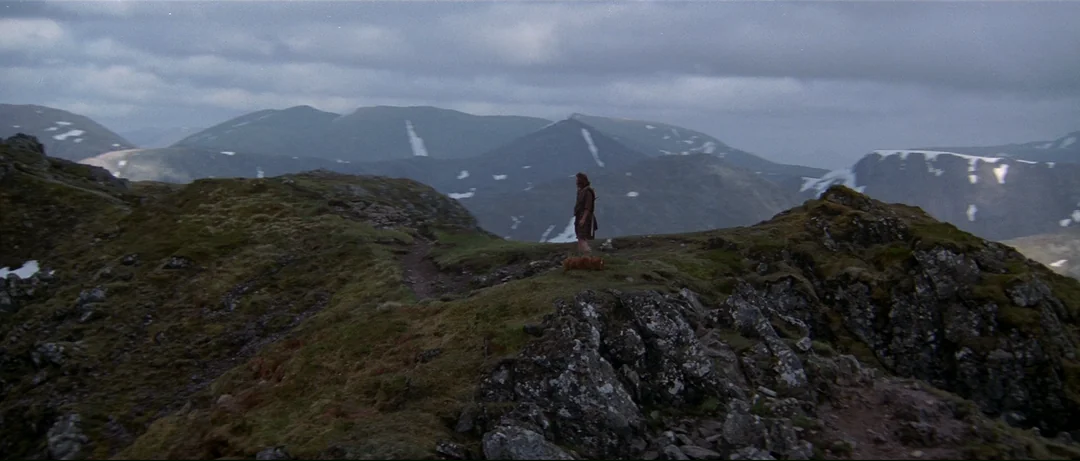
As Wallace’s rebellion grows, he gains the support of fellow Scottish lords, including Robert the Bruce (Angus Macfadyen), a noble torn between his loyalty to Scotland and his political ambitions. But betrayal and political intrigue threaten Wallace’s cause, as some Scottish leaders prefer negotiation over war. Wallace’s journey ultimately leads him to capture, where he faces torture and execution in London. Even in his final moments, he refuses to submit, shouting “Freedom!” before meeting his tragic fate. His martyrdom, however, sparks a greater revolution, inspiring Scotland to continue the fight for independence.
Visually, Braveheart is a breathtaking cinematic experience, with stunning landscapes, gritty battle sequences, and a hauntingly beautiful score by James Horner. The film’s raw and visceral combat scenes, featuring brutal medieval warfare, add to its authenticity and emotional intensity. Gibson’s performance as Wallace is both fierce and deeply human, portraying him as a warrior, a lover, and a leader who embodies the spirit of rebellion.

While Braveheart takes creative liberties with historical accuracy, its emotional impact and themes of freedom, sacrifice, and honor have left a lasting legacy. It remains one of the most powerful and inspiring historical films ever made, resonating with audiences worldwide. More than just a tale of war, Braveheart is a tribute to the enduring fight for liberty and the courage of those willing to give everything for their homeland.

